What to Expect in a Quality Basic K-9 Handler Course
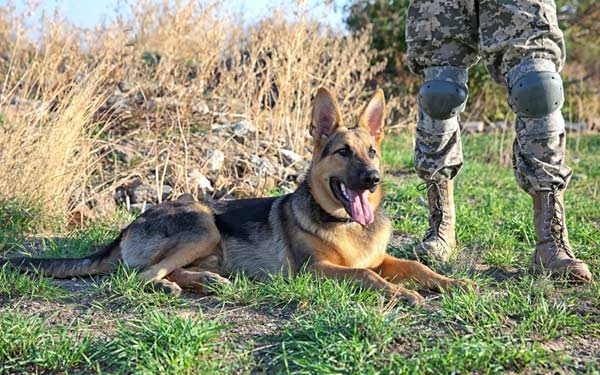
Foreword by Ed Frawley
I met Kevin Sheldahl in 1984 at a police K-9 school in Kansas. We have been good friends ever since. Kevin is a retired police K-9 handler. He became a K-9 Instructor and an International Police Dog Judge. Kevin's company K-9 Services runs 6-week police K-9 courses in which police officers learn how to become new K-9 handlers. To date, he has run 70 6-week courses and trained over 1,200 K-9 handlers. I don't know of another dog trainer that has Kevin's experience and knowledge of police service dogs training.
Often the new handler is chosen in a department by their history as a good officer/deputy not by their prowess as a dog trainer. Yet, dog trainer, handler, tactician, and maybe even a bit of a showman is what they will be asked to do that isn't usually even addressed in the selection process. The demand on the new handler results in a very steep learning curve!
So, off to a Basic K-9 Handler Course the new handler goes. What should a course entail? A handler needs to address basic canine behavior, basic canine training concepts including the use of inducements and compulsion in dog training. The course must include forms of documentation, record keeping, and even court testimony. To add to this the course must focus on a step wise process that is easy for a new or experienced handler to understand in bringing the dog from a selection tested dog to a functional working dog. This is important because understanding how the animal was trained is the key to understanding how to maintain the and improve upon the dogs capabilities. It is also important in problem solving and in communicating to instructors problems and solutions in K-9 training.
Then to add more into the course legal concepts and industry standards must be added into the course. Issues such as use of force, search and seizure, are foremost in the policies that must be adhered to for a safe, defensible, and ethical program. Let's not stop there, because officer safety and strategy (tactics) for K-9 deployments have to be included into the training of a new handler.
Are you ready for such a challenge? It is physical, it is academic, it can be both rewarding and frustrating to both newcomers and the seasoned.
For updates and announcements on my upcoming courses, follow K-9 Services on Facebook or contact me at info@k9services.com.



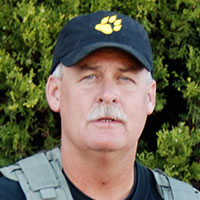
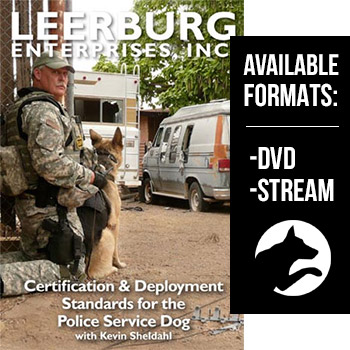
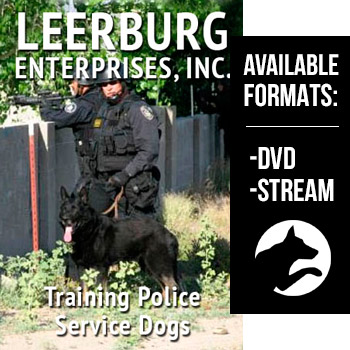
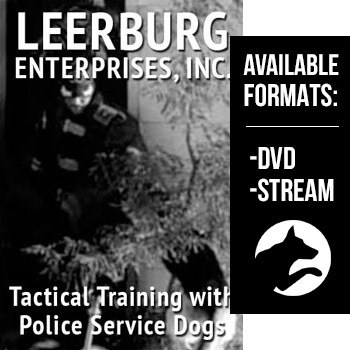
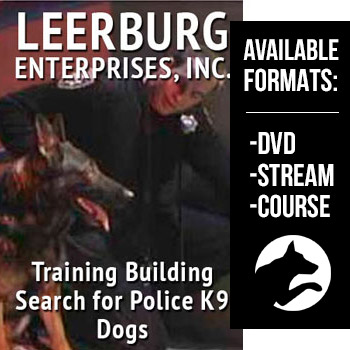

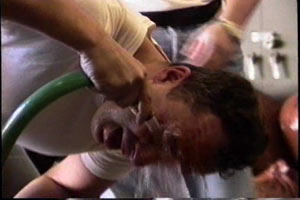
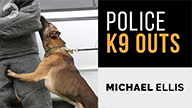
Ask Cindy.